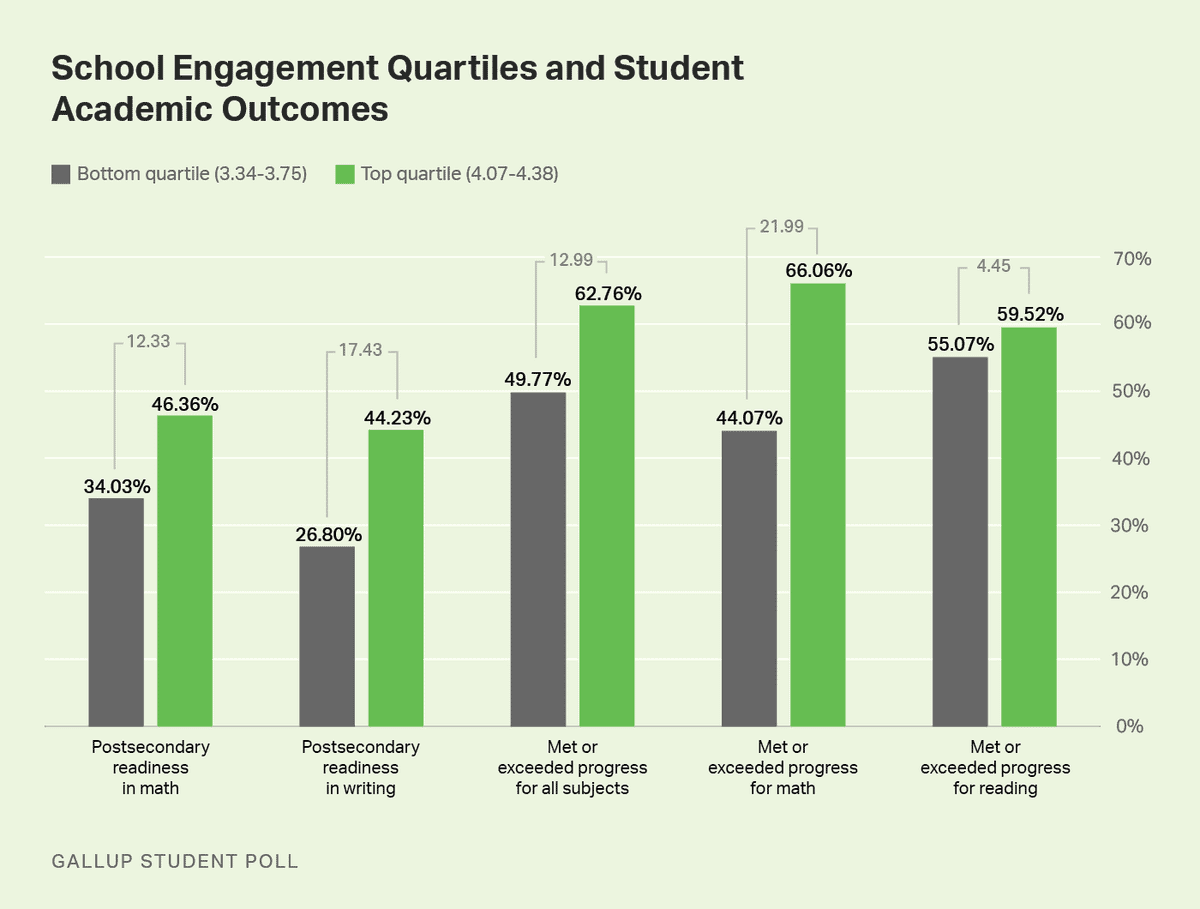Education Leaders Convene in Greensboro, Chart Partnerships to Boost Student Outcomes
On November 17, 2025 local and state education leaders met at the Community Education Center in Greensboro for the Accelerating Impact Luncheon hosted by the nonprofit shift_ed. The gathering highlighted partnership strategies, workforce and education alignment, and collaborative steps intended to narrow student achievement and opportunity gaps in Guilford County Schools.

State Superintendent Mo Green joined education leaders, school officials, community partners and local stakeholders at the Accelerating Impact Luncheon on November 17 at the Community Education Center in Greensboro. Hosted by the educational nonprofit shift_ed, the event showcased local school programs and framed a partnership oriented approach to improving student outcomes across Guilford County Schools.
Organizers and speakers emphasized strategies for strengthening ties between schools, employers and community organizations to better prepare students for careers and reduce persistent opportunity gaps. Presentations highlighted examples of local programs that connect classroom learning with workforce needs, and attendees discussed mechanisms for expanding those efforts to reach a broader share of students.
The presence of the state superintendent underscored a convergence of state level attention and local initiative. Participants explored how coordinated investment and shared accountability can support schools as they implement programs that address academic performance and postsecondary readiness. Discussion also addressed community engagement as a critical factor in sustaining these initiatives and ensuring they reflect local workforce demands.
Policy consequences from the luncheon include potential shifts in how school leaders prioritize partnerships and allocate resources, and how local employers and civic institutions engage with public education. Greater alignment between workforce priorities and school programs could influence district planning, grant applications and budget decisions. It may also shape public expectations ahead of school board elections and other civic forums where education policy is decided.
For Guilford County residents the event signaled concrete avenues for civic participation and influence. Community stakeholders were urged to sustain engagement with schools, support program scaling, and monitor outcomes as initiatives expand. Organizers identified next steps that include continued collaboration among school system leaders, nonprofit partners and local employers, ongoing assessment of program impact, and community outreach to build broader support for strategies designed to close achievement and opportunity gaps.
The luncheon reaffirmed a county wide focus on partnership driven solutions to longstanding educational challenges, and set a course for coordinated action among educators, policymakers and community partners.


